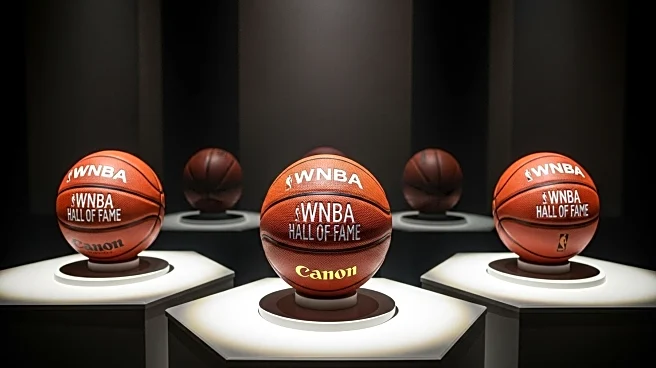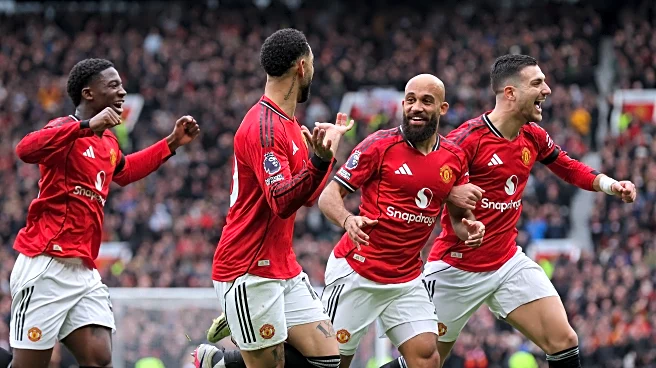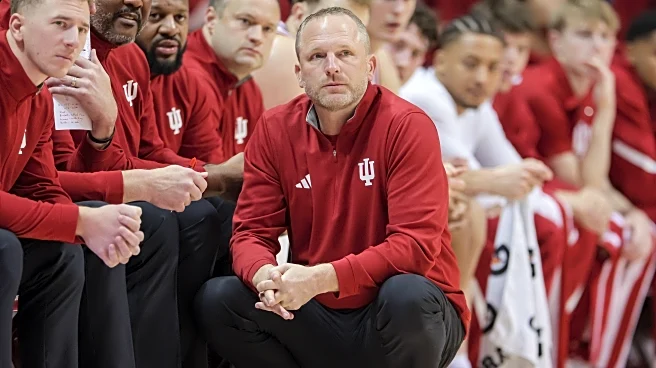What is the story about?
What's Happening?
The 2025 Naismith Hall of Fame enshrinement ceremony will honor three WNBA legends: Maya Moore, Sue Bird, and Sylvia Fowles. This marks the first time three women are inducted in the same class, alongside NBA stars Carmelo Anthony and Dwight Howard. Moore, a six-time WNBA All-Star, won four championships with the Minnesota Lynx and was named the 2013 WNBA Finals MVP. Bird, who played 19 seasons with the Seattle Storm, is the WNBA leader in minutes and games played. Fowles, an eight-time All-Star, was a four-time Defensive Player of the Year and 2017 MVP. The ceremony will take place on September 6 in Springfield, Massachusetts.
Why It's Important?
The induction of Moore, Bird, and Fowles into the Hall of Fame highlights their significant contributions to women's basketball and the WNBA. Their achievements on the court have set high standards for future generations, while their off-court advocacy for social justice and equality has inspired many. This recognition not only cements their legacy in sports history but also underscores the growing recognition and respect for women's sports. The event is a milestone for the WNBA, showcasing the league's impact and the importance of female athletes in shaping the future of basketball.
What's Next?
The Hall of Fame ceremony will see these legends celebrated by peers and fans alike, with presentations by notable figures such as Geno Auriemma and Swin Cash. Their induction is expected to inspire current and future players to continue advocating for social justice and equality, both within and outside the sports arena. The event may also prompt discussions on the role of women in sports and the ongoing efforts to achieve gender parity in athletics.
Beyond the Headlines
The induction of these athletes into the Hall of Fame also highlights the broader cultural shift towards recognizing and valuing women's contributions in traditionally male-dominated fields. Their advocacy for social justice issues, such as criminal justice reform and racial equality, reflects a growing trend of athletes using their platforms for societal change. This development may encourage more athletes to engage in activism, potentially leading to significant cultural and policy shifts.
















